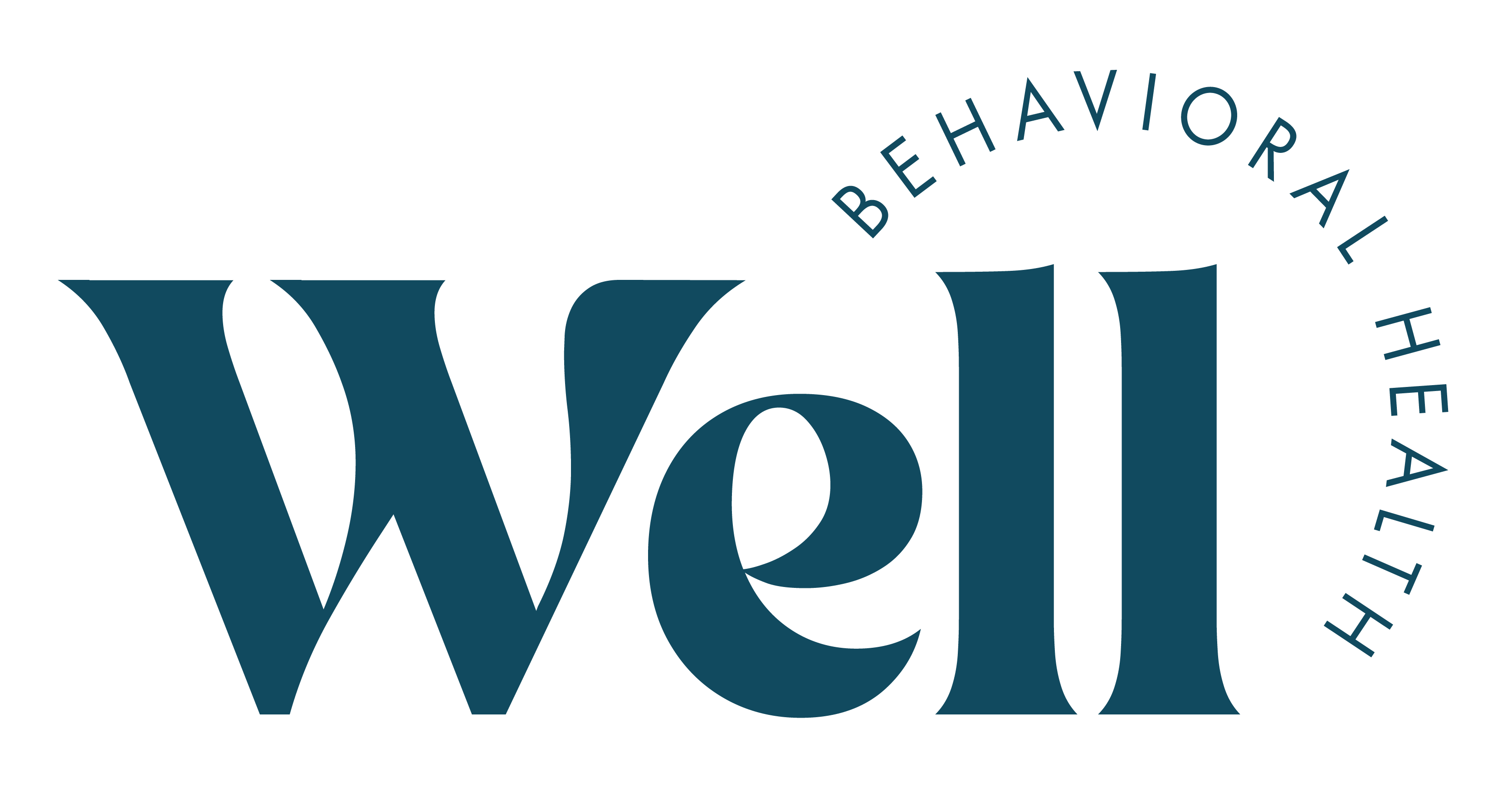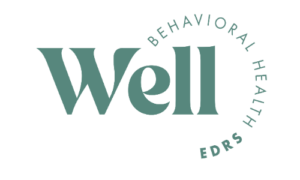Unlock the Power of Journaling for Mental Clarity
Mental clutter can weigh you down daily. Feelings of stress, confusion, or overwhelm often build up without clear relief. Journaling offers a simple, powerful way to clear your mind and find calm. Resources don’t have to be complicated for it to be effective. This timeless practice is more relevant now than ever. Just as people are deliberately decluttering their physical spaces, why not do the same for our inner worlds? Grab a pen and a red journal, and begin your journey toward clarity
The Benefits of Journaling for Mental Clarity
When thoughts swirl around in your mind, it’s harder to focus. Journaling helps organize those thoughts clearly. Writing down what’s on your mind cuts through chaos. It makes problem-solving easier and decision-making less stressful. Studies show that regular journaling sharpens thinking skills. It can even improve memory and boost your ability to process complex ideas more smoothly.
Emotional Regulation and Stress Reduction
Expressing feelings through writing acts like a release valve. Instead of bottling up emotions, journaling lets you unload them safely. Many therapists use journaling to help clients manage stress and anxiety. Putting feelings into words often freshens your perspective and softens emotional tension— give your feelings a voice. They can get loud, let them be heard on paper.
Promoting Self-Awareness and Mindfulness
Journaling invites self-reflection. It encourages you to step back and look at your thoughts and behaviors. This process drapes a layer of mindfulness over your daily life. By writing about your experiences, you discover patterns and triggers. It’s a powerful tool to understand yourself better. Make it a habit: start each day with prompts like, “What am I feeling right now?” or “What’s distracting me today?” When this act becomes a routine, you’ll find yourself naturally carrying those questions with you.
Types of Journaling for Mental Clarity
Expressive Writing
Open up about your feelings, thoughts, and experiences. This form of journaling helps process deep emotions and trauma. It can even lift depression or anxiety over time. Set aside a quiet moment and a private spot, and let your thoughts flow freely.
Gratitude Journaling
Focus on what you’re thankful for. Listing positive things shifts your mind away from negativity. Gratitude journaling boosts happiness and reduces stress. Try writing three new things you’re grateful for each day. It’s a quick, effective way to lift your mood and see the bright side.
Bullet Journaling and Planning
Use bullet points to organize tasks, goals, and appointments. When your mind sees everything laid out clearly, it clears mental overload. Bullet journaling adds structure to your day. This simple system keeps your priorities straight and reduces daily chaos.
Reflective Journaling
Look back at past entries weekly or monthly. Notice patterns or progress you might miss otherwise. Reflection fosters personal growth and helps you understand your habits. Ask yourself questions like, “What worked? What can I improve?” This practice makes self-awareness stick.
Incorporating Journaling into Daily Life for Maximum Impact
Setting Up an Effective Journaling Routine
Pick a time that fits your day—morning, lunch break, or evening. Keep it consistent. Start small—just 5 minutes a day to avoid feeling overwhelmed. Find a cozy spot where you won’t be disturbed. This helps create a habit that sticks.
Choosing the Right Journaling Tools
Some like old-school notebooks, while others prefer apps on their phone or tablet. Think about privacy, experience, and what sparks your interest. Keep your tools accessible and personalized. If writing longhand sparks creativity, go with a beautiful notebook. For convenience, try a journal app.
Enhancing Practice with Prompts and Themes
Use prompts to guide your writing and deepen your insight. Questions like, “What’s bothering me today?” or “What am I avoiding?” sharpen your focus. You can also dedicate days to themes—writing only about gratitude, goals, or feelings. This variety keeps your journaling fresh and meaningful.
Tips for Sustaining a Journaling Practice
Start small—don’t push yourself to write pages. Consistency counts more than length. If boredom sets in, vary your prompts or try new formats. Incorporate journaling into what you already do—like morning routines or bedtime rituals. Keep it fun and meaningful.
Conclusion
Journaling is much more than putting pen to paper. It’s a simple tool that can clear mental fog, reduce stress, and make life feel calmer. Regular writing helps you understand your thoughts, regulate emotions, and boost clarity. Even a few minutes daily can bring big changes. So why not try today? Grab a notebook or open an app and begin.
Reference:
Baikie KA, Wilhelm K. Emotional and physical health benefits of expressive writing. Advances in Psychiatric Treatment. 2005;11(5):338-346. doi:10.1192/apt.11.5.338






